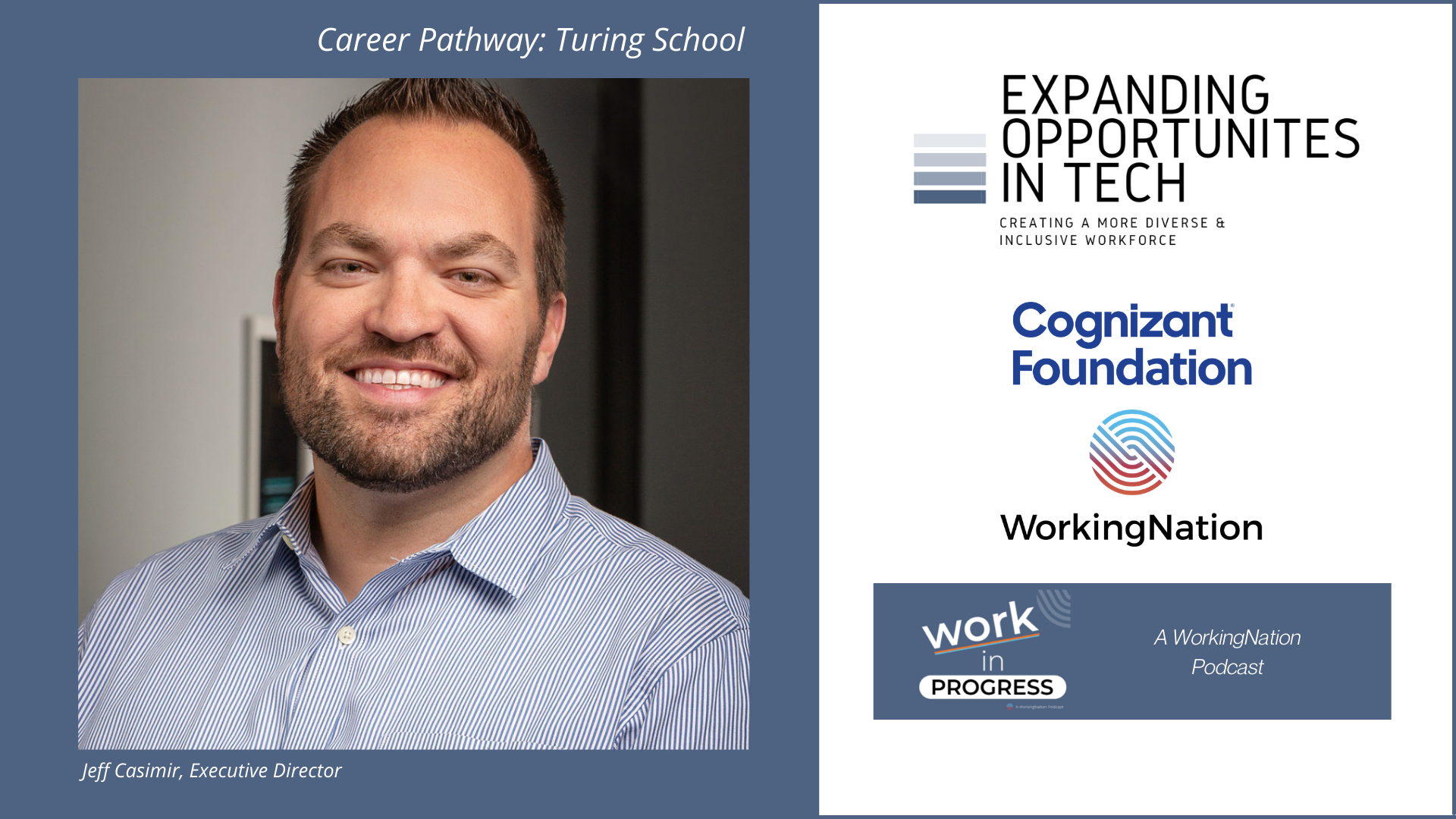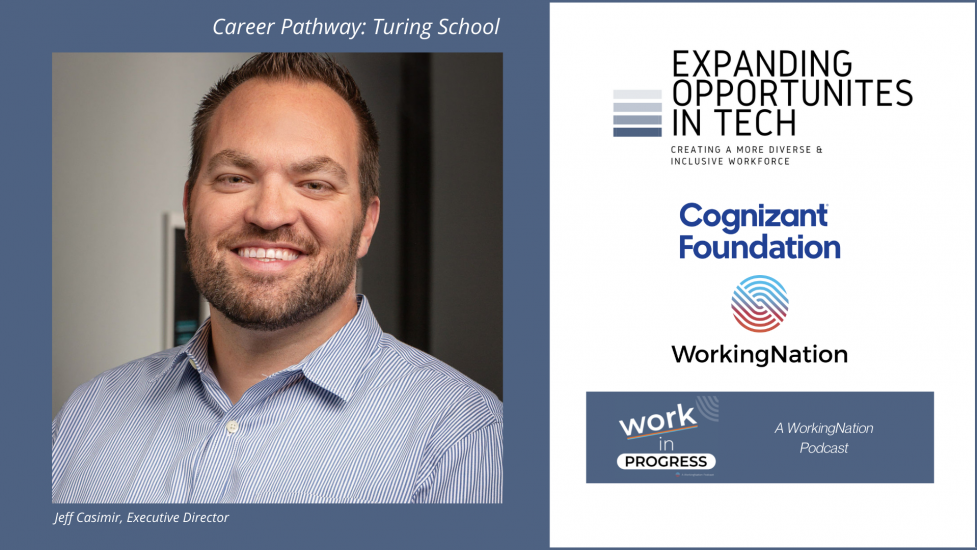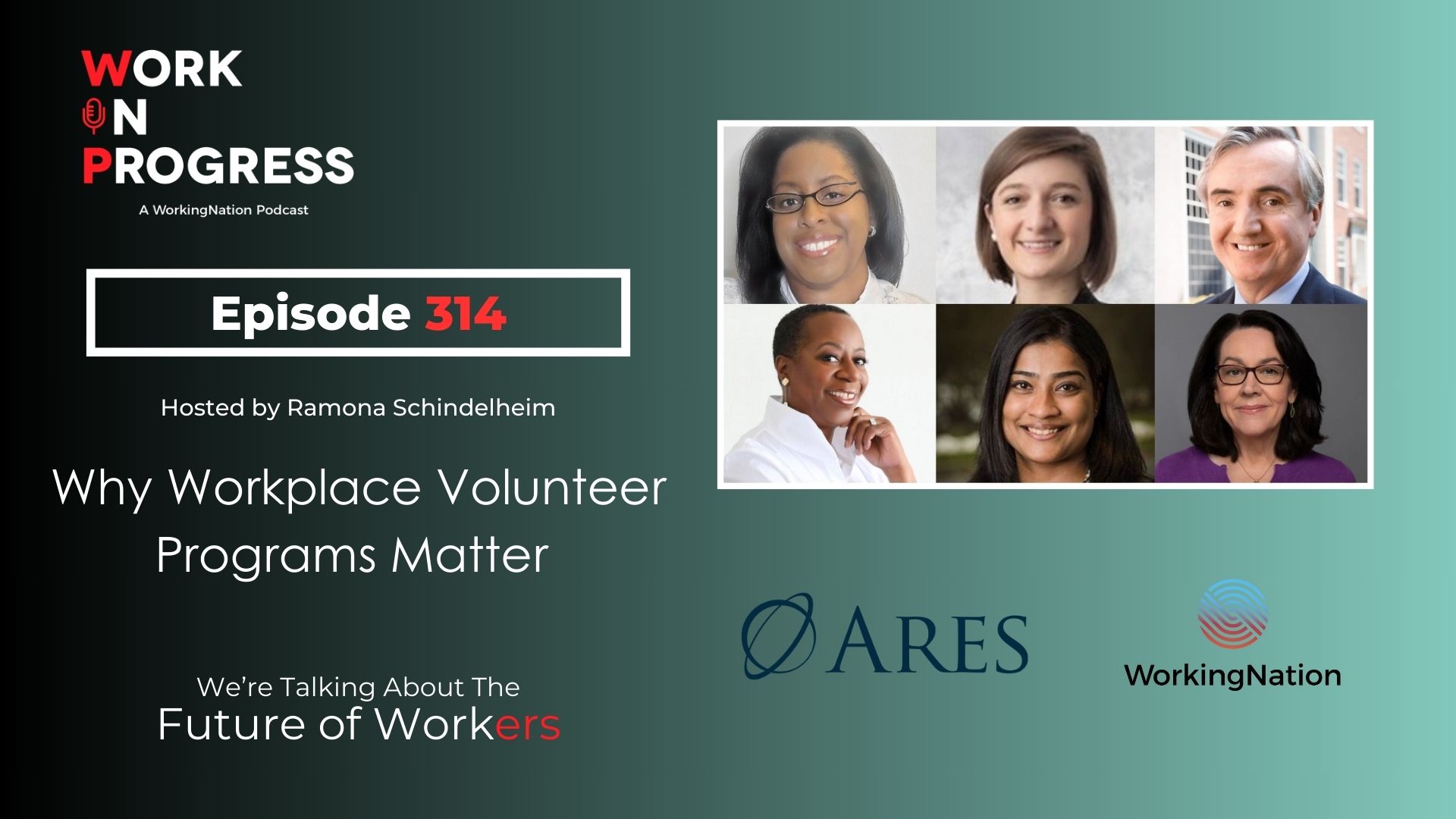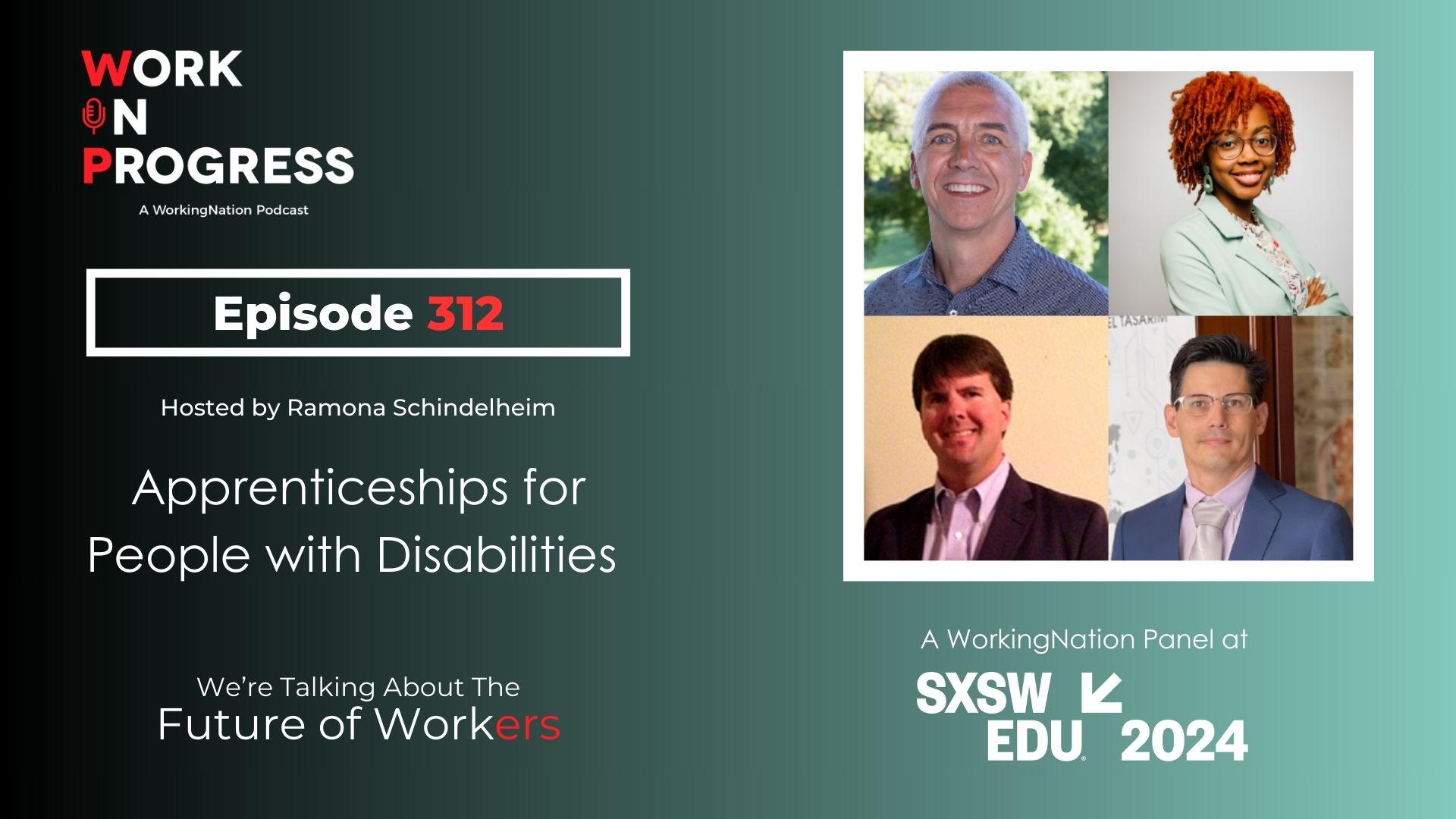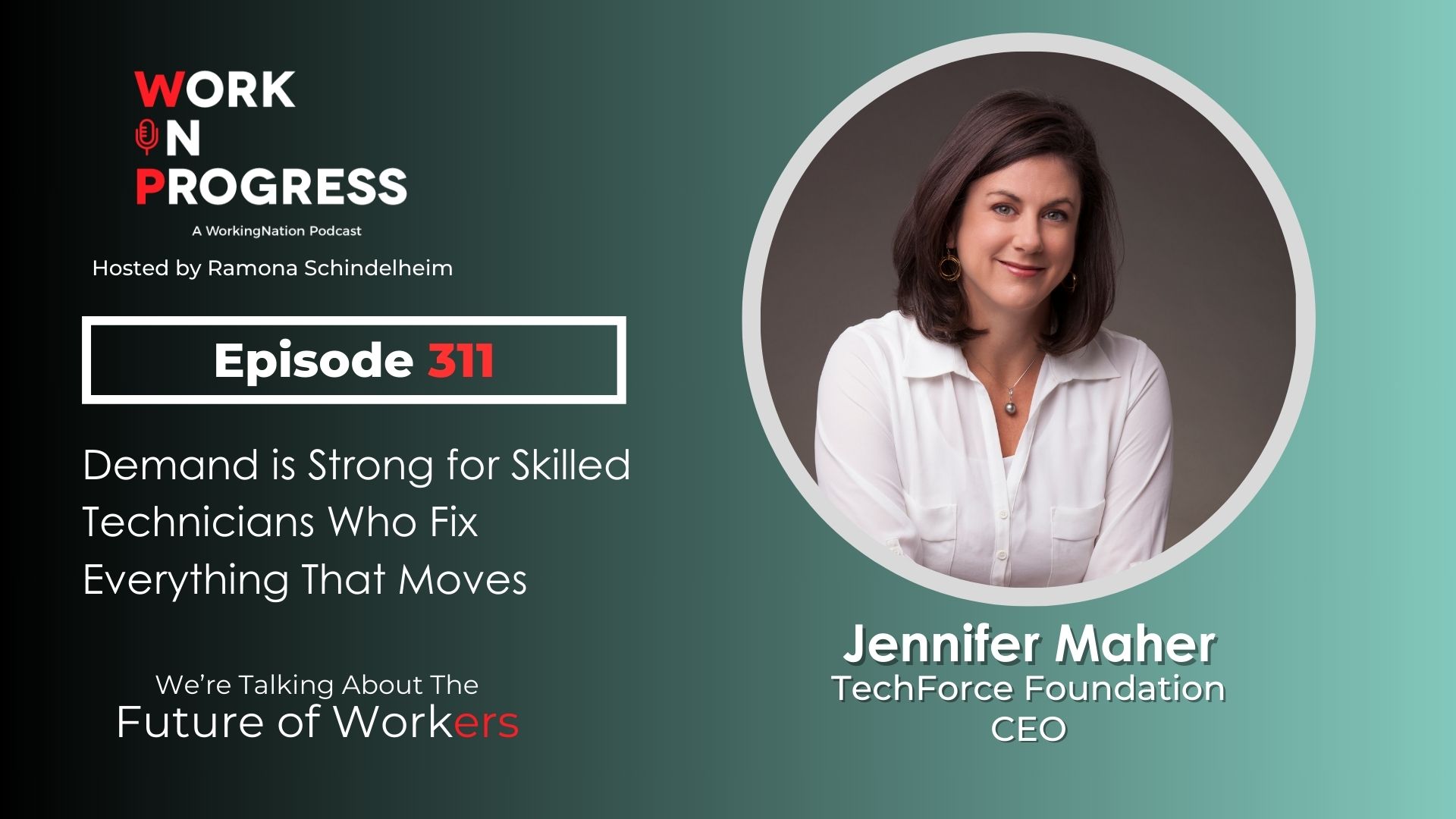Podcast: Play in new window | Download | Embed
Subscribe: Apple Podcasts | Google Podcasts | Spotify | Pandora | Youtube Music | RSS
WorkingNation has partnered with Cognizant U.S. Foundation to explore solutions to the lack of diversity in the tech industry in a series of podcasts and articles. We’re sharing these stories every Friday through early March here on WorkingNation.com.
You don’t always need a four-year degree to become a software developer. You need the skills. And there are many ways to get them. For example, over the past six years, more than 1,200 people have learned to become software engineers through a seven-month, fully-immersive training program offered by the nonprofit Turing School in Denver. The good news: the majority of them have found jobs doing what they trained for.
“We started with the idea that there were a good number of people out there who had the potential to be software developers, but for one reason or another, never made it onto that traditional (higher ed) path,” explains Jeff Casimir, Turing School’s executive director.
A four-year degree can be costly, he says, and some people simply don’t want to spend another four years in school after graduating from high school. They’d prefer to be working or because of economic circumstances need to be working sooner than later.
It’s a Civil Rights Issue
Even in the midst of a severe economic downturn, there are thousands of open software engineering jobs across the country. But, for people looking to break into the field, it’s tough. Most companies want somebody with three-to-five years of experience and—more often than not—a college degree.
Turing School is turning that notion on its head. It’s giving its students the hands-on skills they need to do the work in a much shorter amount of time than a traditional four-year university. And its building a community around its students and alumni to help them on their career pathway.
In this episode of the Work in Progress podcast, Casimir says at its heart, Turing School is about civil rights. His driving motivation: “change the game, change the definition of who belongs.”
The tech industry, despite efforts to diversify, still tends to be white and male. Turing actively encourages women and people of color to apply.
“It is blowing open the access doors to who is allowed to have these high-quality careers where you get to do interesting work, work that matters, and you get paid well for it. I think for the vast majority of the tech industry’s history, it’s been a tightly selected group who gets to play on that playground. And that’s just frankly not okay with me.”
Acquiring the Skills, Without the Massive Debt
Casimir says he feels for people that are burdened for a long period of time by massive student loan debts from undergrad and grad school. “The root of the problem, in my eyes, is not the size of the debt. It’s the value of the education. People are accumulating enormous student loan debts—$200,000—and the marginal difference to their salary is $10,000, $15,000. What have you? And so it takes 10 years to break even, 15 years to break even, maybe even never breaking even.”
The seven-month software engineering course from Turing costs about $20,000. Later this year, it will be adding an immersive data analytics class that will cost about $15,000 a year. When Turing started, the classes were held on-campus in Denver. Last year, they switched to remote teaching—still immersive—because of the COVID-19 pandemic. Casimir says the school is switching to fully remote, thus allowing more students to attend from all around the country.
He also says Turing graduates are getting a good return on their investment. Over 91% of graduates are working as professional software developers. Another 4% are working in related technical roles, and 2% are teaching programming. The average starting salary is $75,000 a year.
“Most likely these are folks who had started one career or job path, and then figured out that that path was kind of running out of steam, or just wasn’t fulfilling them in the way they wanted, and that we could take them in and teach them everything that they would need to know to be professional software developers in a relatively short period of time,” Casimir adds.
Mentoring and Post-Graduation Support
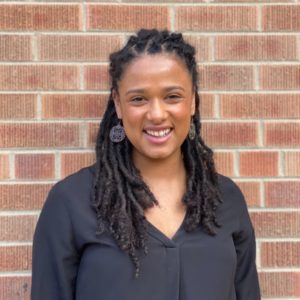
This is the case for Sage Lee, a Turing School graduate who now works for the tech company Handshake. She already had a degree in environmental policy management when she enrolled in Turing, but wanted to learn something that would give her some flexibility.
“I was trying to think of skills that I could gain that would allow me flexibility to move amongst many different companies and I found that if I learned to code, almost every company has a website and almost every company needs some sort of engineer.”
As a Black woman, Lee says she’s very aware that there aren’t many women or people of color in tech. When she was looking at the training she needed to switch careers, it was important that the program be inclusive, and lead to a job at an inclusive company.
“I’ve been in that place where I’m the only Black person in the room. And so that definitely was intimidating, and I wanted to make sure whichever route I took to get into coding was a really supportive community, somewhere where I would have felt that I could build up that self-esteem, build up that confidence and make sure that I was going into the field feeling really confident about myself and my abilities.
“Something that I’m really grateful about Turing is that they’re really open about their diversity and inclusion initiatives, and I believe that they had a lot of resources for me as a Black woman. Going into school, I was assigned a mentor and and I worked with her throughout my time at Turing. I had the option to request a woman of color as my mentor, as somebody that I could look up to and relate to. She wasn’t Black, but she was Latina and she was great with me.”
Lee graduated from Turing with a degree in back-end software engineering. She says the support she received after graduation was crucial. “They have a whole finding your career path (initiative) and events. I had a career coach that I met with once a week. I was meeting with my mentor once a week. I was keeping track of how many applications I was putting out. They really focus your attention.”
Lee has been with Handshake almost two months now and already finds herself in the middle of the action. “Because of the support that I have from the team, I’m working on the code base. I’m doing the actual work. The skills that I learned at Turing are being put in place every day.”
You can listen to the entire podcast here on this page, or, download it wherever you get your podcasts.
Follow the entire Expanding Opportunities in Tech series here.
Download the transcript for this podcast here.
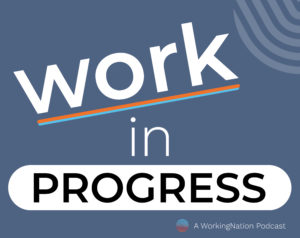
Host: Ramona Schindelheim, Editor-in-Chief, WorkingNation
Producer: Larry Buhl
Executive Producers: Joan Lynch, Melissa Panzer, and Ramona Schindelheim
Music: Composed by Lee Rosevere and licensed under CC by 4.0.
You can check out all the other podcasts at this link: Work in Progress podcasts

